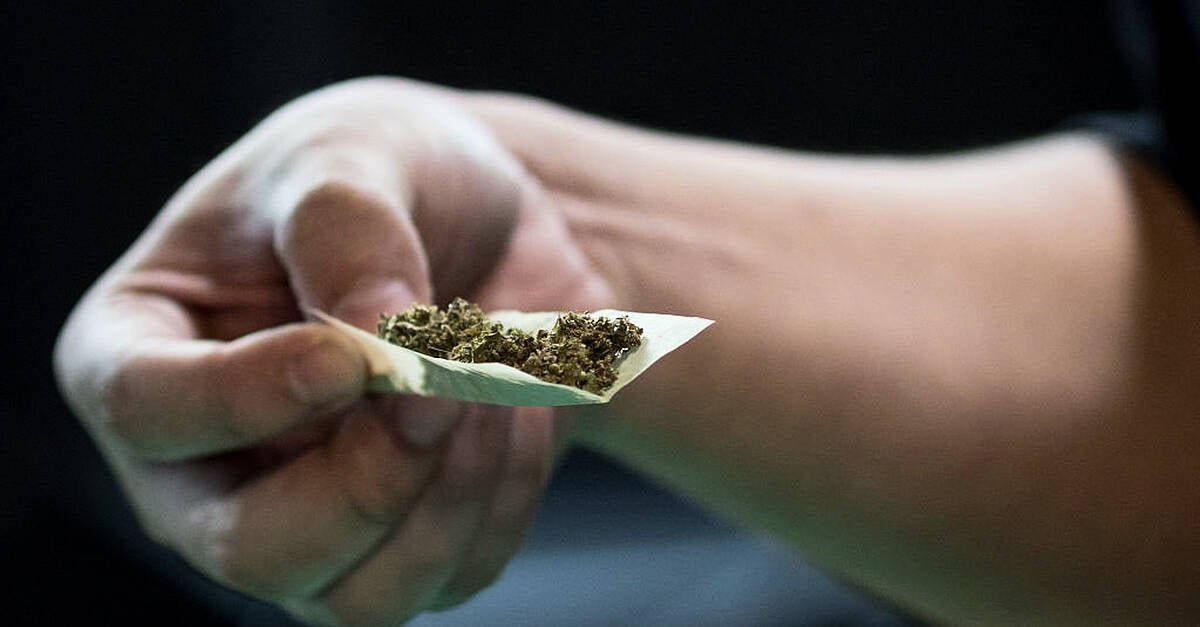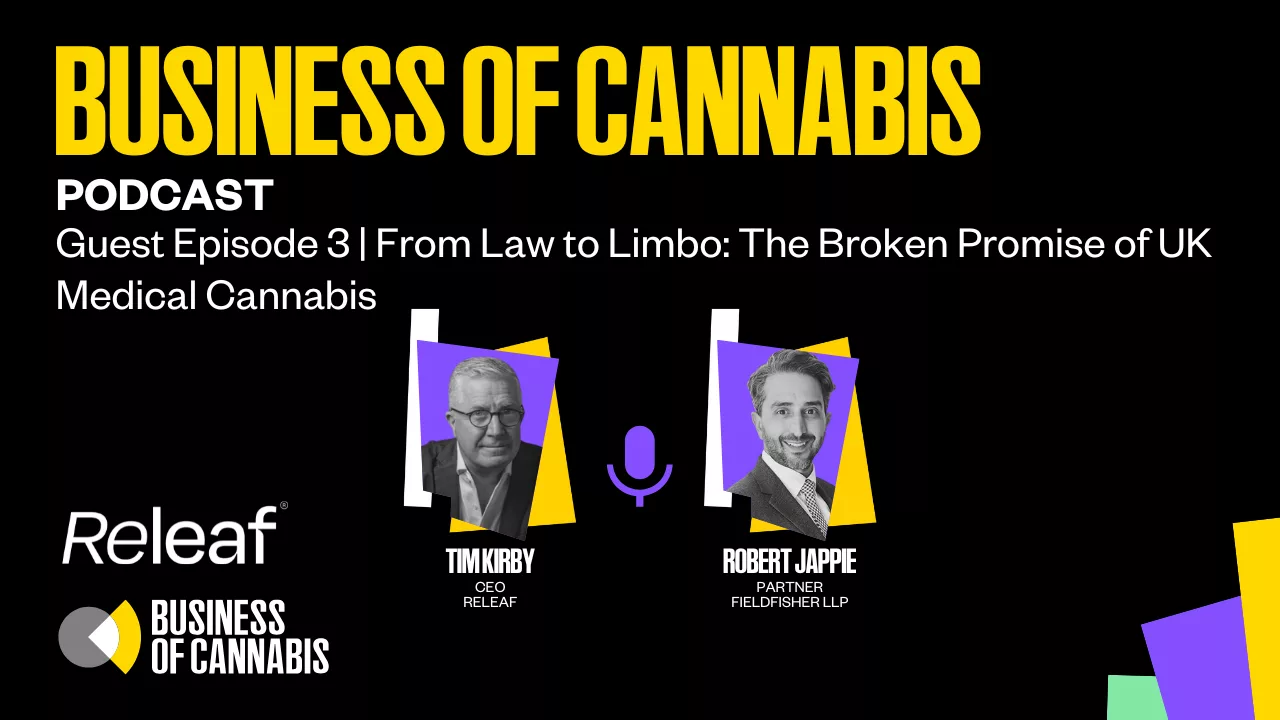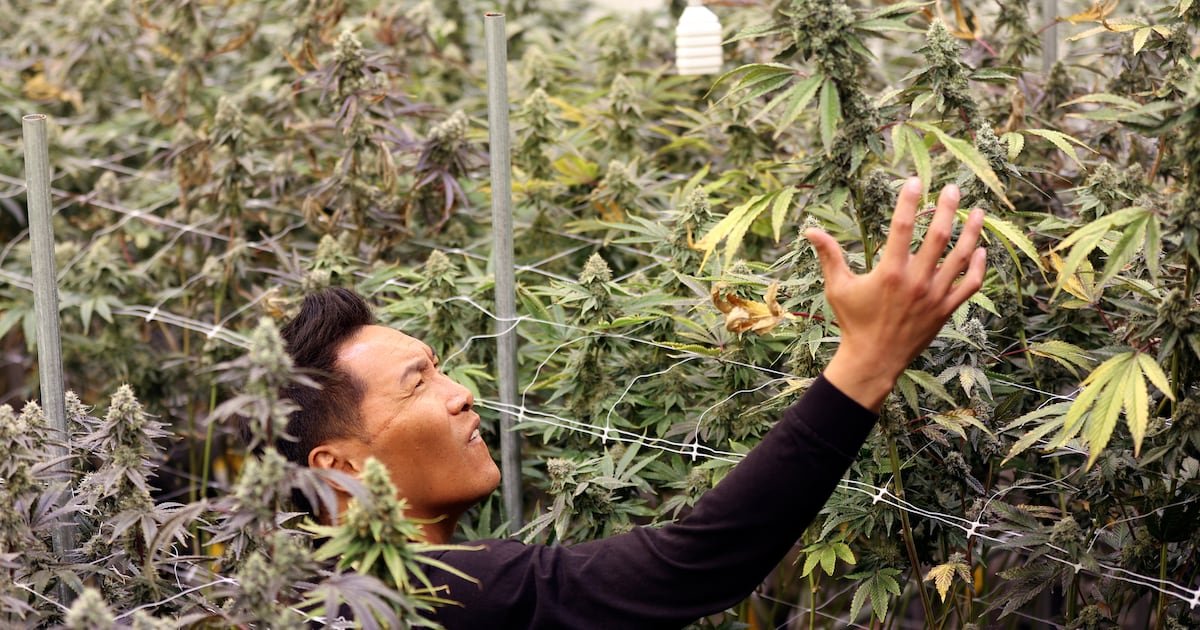Prof. Mary Cannon, a professor of psychiatric epidemiology and youth mental health at the Royal College of Surgeons in Ireland (RCSI), has emphasized the need for Irish parents to educate themselves about the risks of cannabis use among teenagers. This call came in light of a recent event hosted by the RCSI, where the tragic story of Johnny Stack was shared. Johnny began using cannabis at the age of 14 and died by suicide at 19, with his mother, Laura Stack, attributing his death to cannabis-induced psychosis.
Laura Stack, who is also the founder and chief executive of Johnny’s Ambassadors, recounted a heartbreaking conversation with her son just three days before his passing. He told her, “I want you to know you were right. You told me marijuana would hurt my brain. It’s ruined my mind and my life, and I’m sorry. I love you.” Ms. Stack’s organization aims to discourage young people from using cannabis until their brains have fully developed, ideally encouraging them to avoid it altogether.
During her discussion with BreakingNews.ie, Prof. Cannon highlighted that the risks of developing cannabis-induced psychosis are significantly higher for those who start using cannabis during adolescence. She explained how THC, the active component of cannabis, interacts with the brain’s endocannabinoid system and can alter dopamine transmission. Prof. Cannon warned that structural changes in the brain can be observed in young cannabis users, which is a very alarming development. She noted that not everyone who uses cannabis will experience psychosis, as some young individuals are more vulnerable than others, but it’s impossible to predict who will be affected.
Prof. Cannon further explained that the risk of psychosis increases with both the age of onset and the potency of the cannabis used. She stated, “The higher the potency, the higher the risk of psychosis, and that’s being established again by many studies.” She described cannabis-induced psychosis as an acute psychosis, characterized primarily by paranoia, which can escalate to a disconnection from reality. Individuals may feel as though their family is plotting against them or that those close to them have become strangers, which is particularly concerning.
The professor urged Irish society to become more informed about cannabis risks, suggesting that they look to countries like Canada, where cannabis has been legalized. She noted that after five years of legalizing both medical and recreational cannabis, the rates of adolescent psychosis in Canada had increased more than tenfold. Prof. Cannon cited a study involving millions of Canadians, indicating that those with cannabis dependence noted in their emergency department records had nearly a 10 percent risk of developing psychosis within five years. This statistic is striking, especially when compared to a psychosis rate of less than one percent in the general population.




